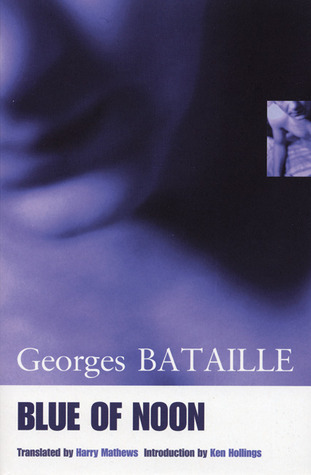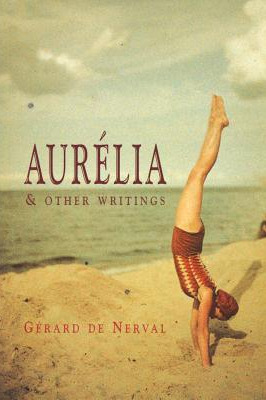
Nadja
Book Description
A chance encounter spirals into an intoxicating journey through the surreal and the sublime, where love and madness collide. In the shadowy alleys of Paris, a man becomes entranced by the enigmatic Nadja, a woman whose beauty is rivaled only by her whispers of dreams and despair. As their passionate relationship unfolds, the line between reality and imagination blurs, revealing hidden truths and unspoken fears. Each moment is laced with tension, as fleeting glances and cryptic conversations ignite a relentless quest for understanding. Can love endure in a world where sanity and illusion entwine?
Quick Book Summary
"Nadja" by André Breton is a pioneering work of French surrealism that blurs the boundaries between fiction, autobiography, and philosophical inquiry. Set in 1920s Paris, the novel recounts the narrator's chance encounter with Nadja, a mysterious and ethereal woman who becomes both muse and obsession. Their brief, intense relationship propels the narrator through a hallucinatory journey marked by surreal experiences, philosophical reflections, and the haunting presence of Nadja herself. Nadja embodies the unknown, inspiring the narrator to reevaluate reality, creativity, and the nature of love. As the relationship unravels and Nadja's instability intensifies, the narrative reveals the cost of seeking truth in the realm where madness and passion collide. In the end, "Nadja" emerges as a meditation on art, fate, and the limits of human understanding.
Summary of Key Ideas
Table of Contents
Surrealism and the Nature of Reality
The narrative of "Nadja" opens with the introspective musings of the unnamed narrator, who wanders Paris in search of meaning beyond ordinary experience. The city is presented not merely as a backdrop but as a living, breathing entity imbued with mystery and possibility. Through fragmented anecdotes and reflections, the narrator reveals a restless desire to escape convention and enter the surreal. His perspective is shaped by the traditions of French surrealism—emphasizing chance, dreams, and the unconscious—setting the stage for his transformative encounter with Nadja.
Obsession, Love, and the Femme Fatale
Nadja appears as an enigmatic figure whose unpredictability and ethereal beauty immediately capture the narrator’s attention. She confounds everyday logic, speaking in riddles and displaying an almost otherworldly connection to fate and the supernatural. Their relationship is intense yet ephemeral, marked by cryptic conversations and brief, electrically charged encounters across the Parisian landscape. Nadja swiftly becomes a muse, embodying the allure and danger of the unknown, and drawing the narrator into deeper emotional and intellectual realms.
Madness and Marginality
Love and obsession intertwine as the narrator becomes consumed by Nadja’s presence. Yet, his efforts to understand her are continually frustrated; Nadja is elusive, shrouded in mystery, and resists all attempts at definition or rational explanation. Her behavior challenges the boundaries of sanity, exposing the fragility of identity and the limits of communication. The narrator’s fixation grows as he attempts to capture—or perhaps possess—the ungraspable essence of his muse, revealing the complex intersection of desire, alienation, and madness.
Art, Inspiration, and the Creative Process
As Nadja’s mental instability becomes increasingly apparent, the narrative confronts the painful limitations of love and understanding. Nadja’s descent into madness is simultaneously tragic and illuminating, shedding light on society’s treatment of those who dwell at its margins. Her eventual institutionalization is portrayed not simply as a personal catastrophe but as an indictment of societal norms that cannot tolerate difference, creativity, or unpredictability. The narrator is left grappling with a profound sense of loss and existential questioning.
In the aftermath of their relationship, the narrator turns to art and the creative process as a way to reconcile his experiences. The book closes with meditations on the power of surrealism to unlock hidden truths and transcend mundane reality. Nadja’s influence lingers, highlighting the intrinsic connection between love, madness, and artistic inspiration. Ultimately, "Nadja" stands as a testament to the enduring quest for meaning in a world defined by uncertainty and the transformative potential of the human imagination.
Download This Summary
Get a free PDF of this summary instantly — no email required.





